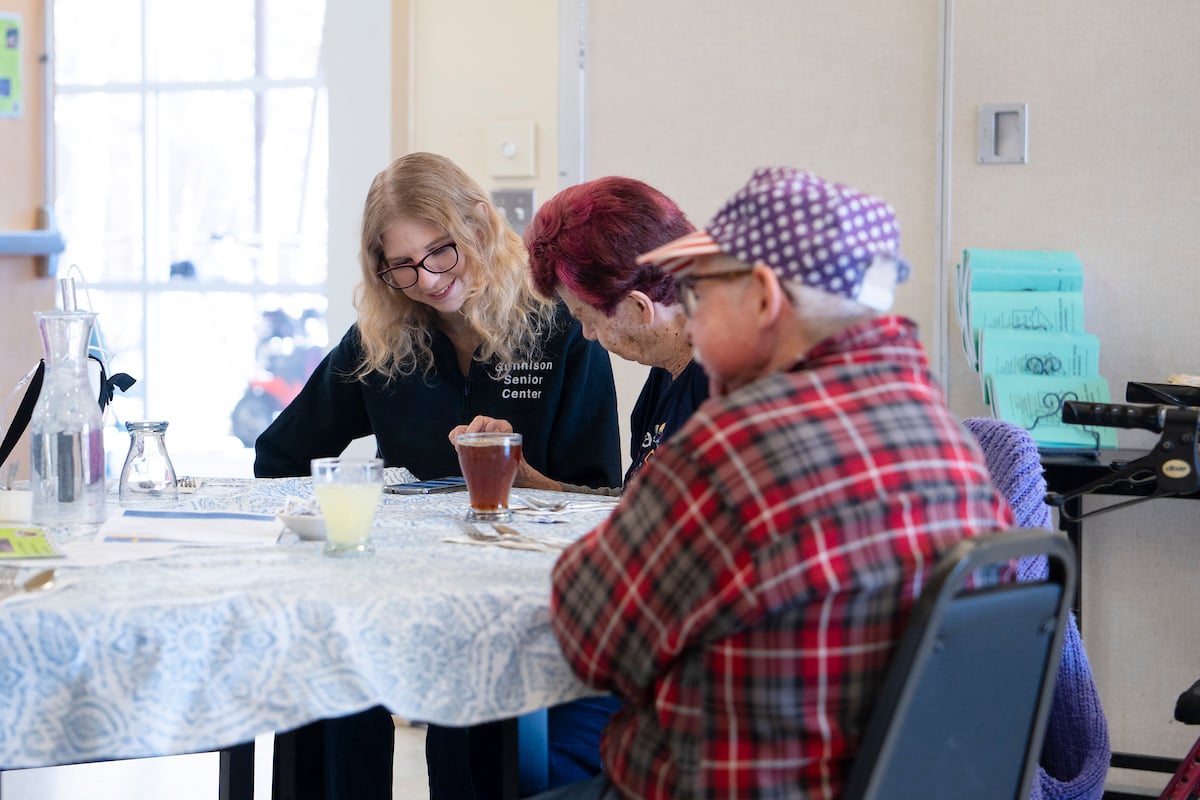Guide, heal, and inspire as a behavioral health professional.
Part of: Master of Behavioral Science, School of Graduate Studies
Offered as: Master's Concentration
Degree: Master of Behavioral Science
Related Areas of Study: Rural Community Health – Behavioral Science, Restorative Facilitation
Part of: Master of Behavioral Science, School of Graduate Studies
Offered as: Master's Concentration
Degree: Master of Behavioral Science
Related Areas of Study: Rural Community Health – Behavioral Science, Restorative Facilitation
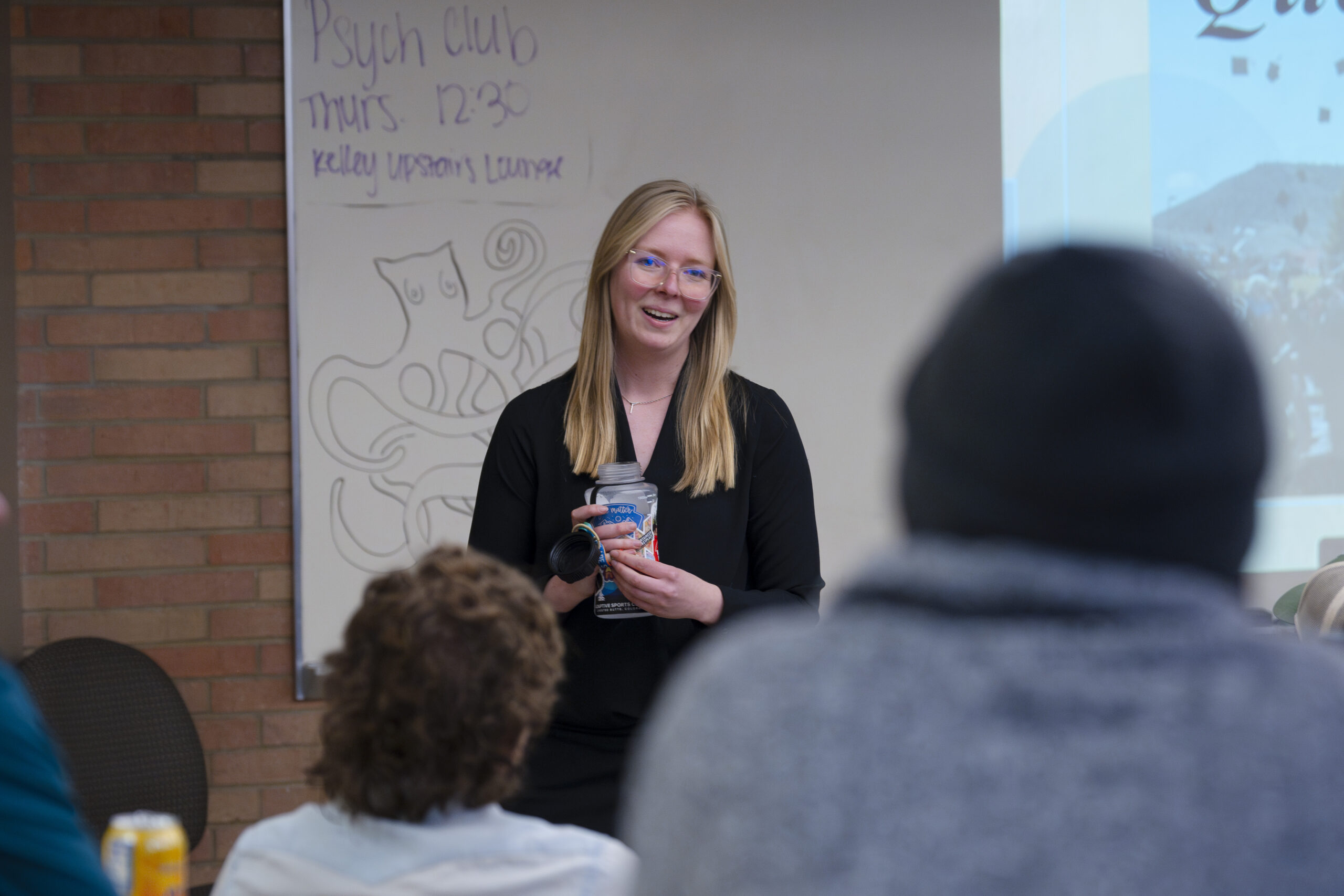
Students who have some deficiency in undergraduate training or incomplete credentials may be approved for provisional admission into the MBS in Rural Community Health program upon the recommendation of the Director of the MBS and approval by the Dean of the School of Graduate Studies.
To be admitted provisionally into the MBS program, applicants must demonstrate:
In accordance with School of Graduate Studies Admissions Policies, a provisionally admitted student will have a maximum of one calendar year to complete any prerequisite academic coursework.
The MBS Program Director will assess provisionally admitted student progress towards completion of prerequisites and success in all MBS program and course work through meetings scheduled monthly and at the end of each semester within the required completion timeline.
| Term | Credits | Tuition per Credit | Fees per Credit Hour* | Flat Fees** | Total Tuition & Fees |
|---|---|---|---|---|---|
| Year 1: Fall | 12 | $730.00 | $73.40 | $50.00 | $9,690.80 |
| Year 1: Spring | 12 | $730.00 | $73.40 | $9,640.80 | |
| Year 1: Summer | 3 | $730.00 | $73.40 | $2,410.20 | |
| Year 2: Fall | 12 | $730.00 | $73.40 | $9,640.80 | |
| Year 2: Spring | 9 | $730.00 | $73.40 | $7,230.60 | |
| Program Total | 48 | $38,613.20 |
*Mandatory graduate student fees per credit hour
$63.00 Graduate Studies Administrative Operations Fee
$6.50 Library Fee
$3.90 IT Services Fee
**Mandatory graduate student flat fees
New Student Matriculation Fee: $50.00
A master’s degree is an advanced qualification earned after completing a bachelor’s degree. It focuses on a specific area of study and provides specialized knowledge and skills. This differs from a concentration, which is a more focused area within the master’s program. Your concentration determines the specialized courses you take, shaping your expertise in a particular field. To complete a master’s degree, students must fulfill core coursework, elective requirements, and often a final project, thesis, or practicum.
Care Coordination
Community Health
Cultural Competency
Public Health
Remote Healthcare
Social Work
Community Health Worker
Health Education Specialist
Healthcare Social Worker
Public Health Specialist
Rural Health Administrator
Rural Health Educator
To help make schooling more affordable, Western’s MBS in Rural Community Health program offers scholarships to incoming graduate students and fellowships for current students. Awards are competitive and granted to qualified students for one academic year, applied in two installments during the fall and spring semesters.
Graduate students at Western receive financial support from a variety of sources, including personal savings, loans, scholarships, fellowships and graduate assistantships. Learn more ways to offset these costs through financial aid opportunities.
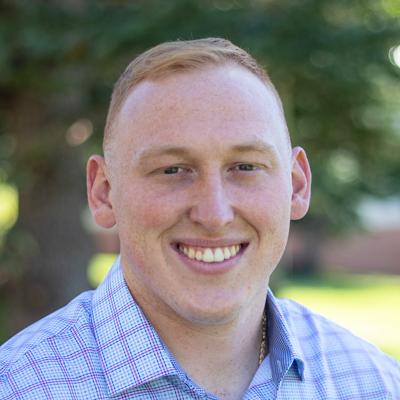
We are so excited about your interest in applying to the Master of Behavioral Science! Please take a moment to review the requirements and deadlines before accessing the application.
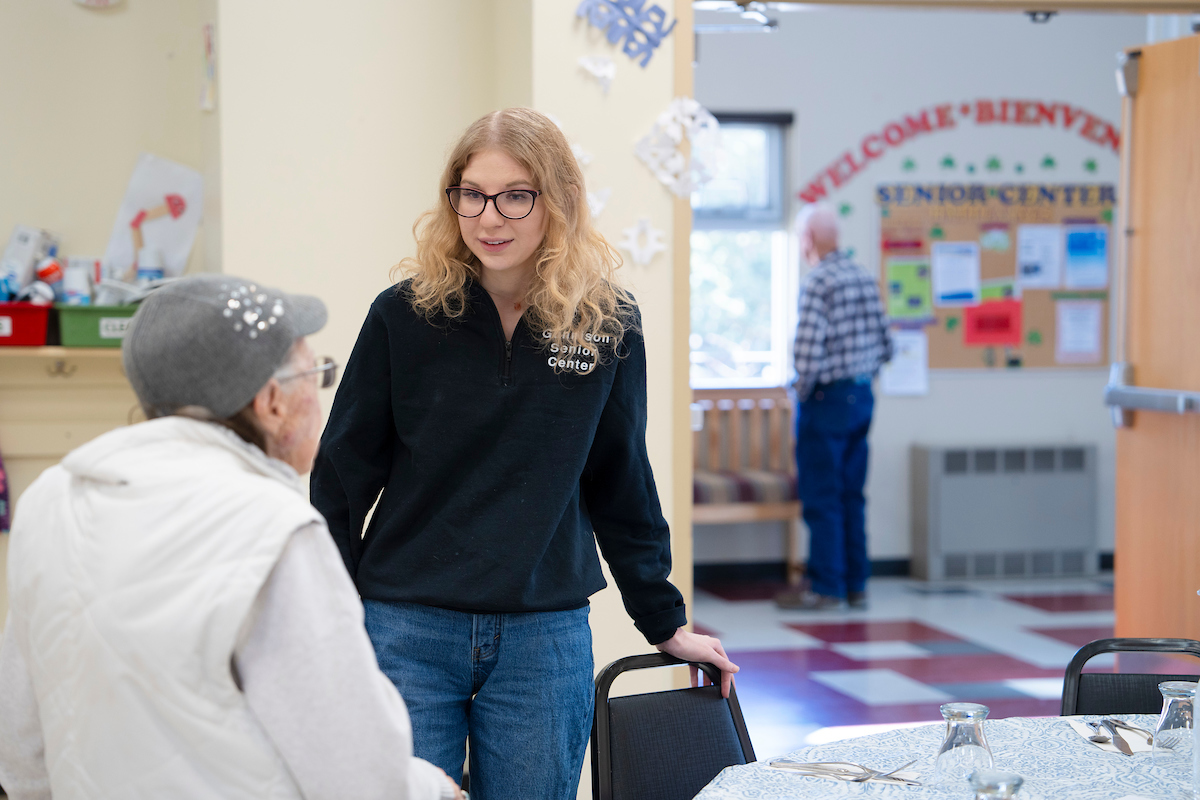
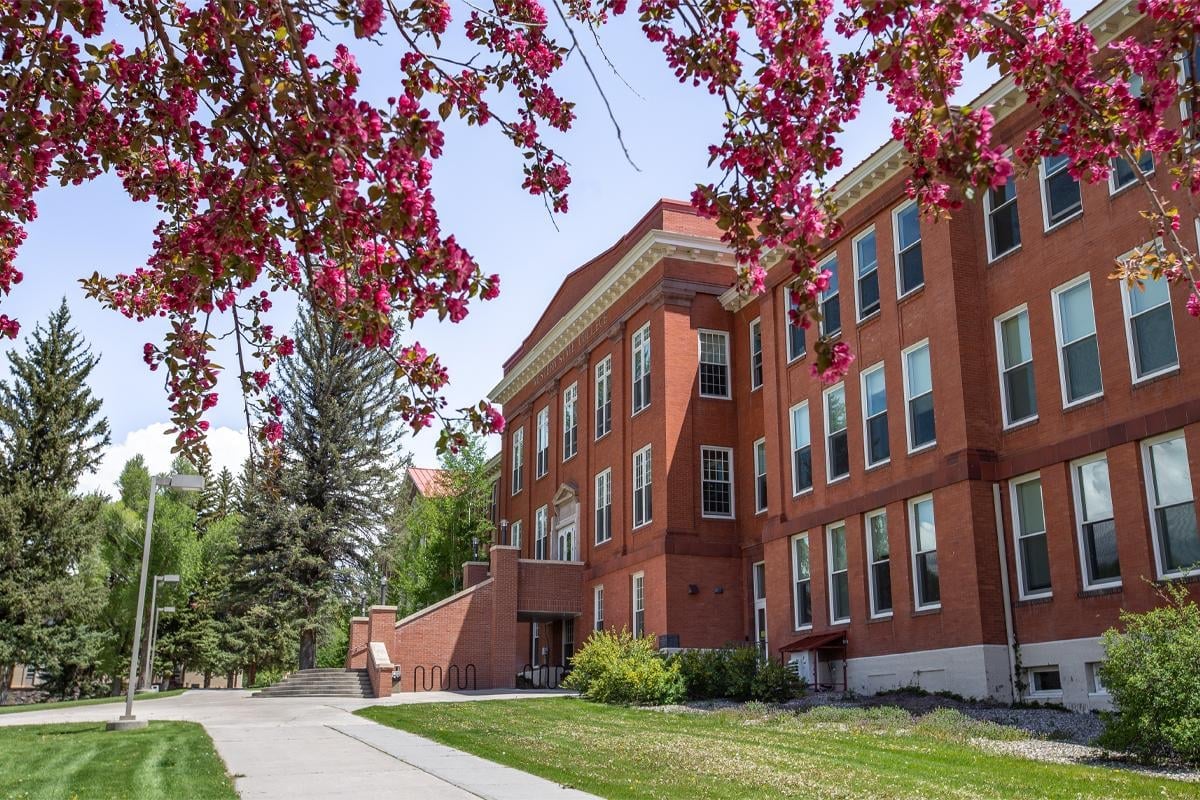

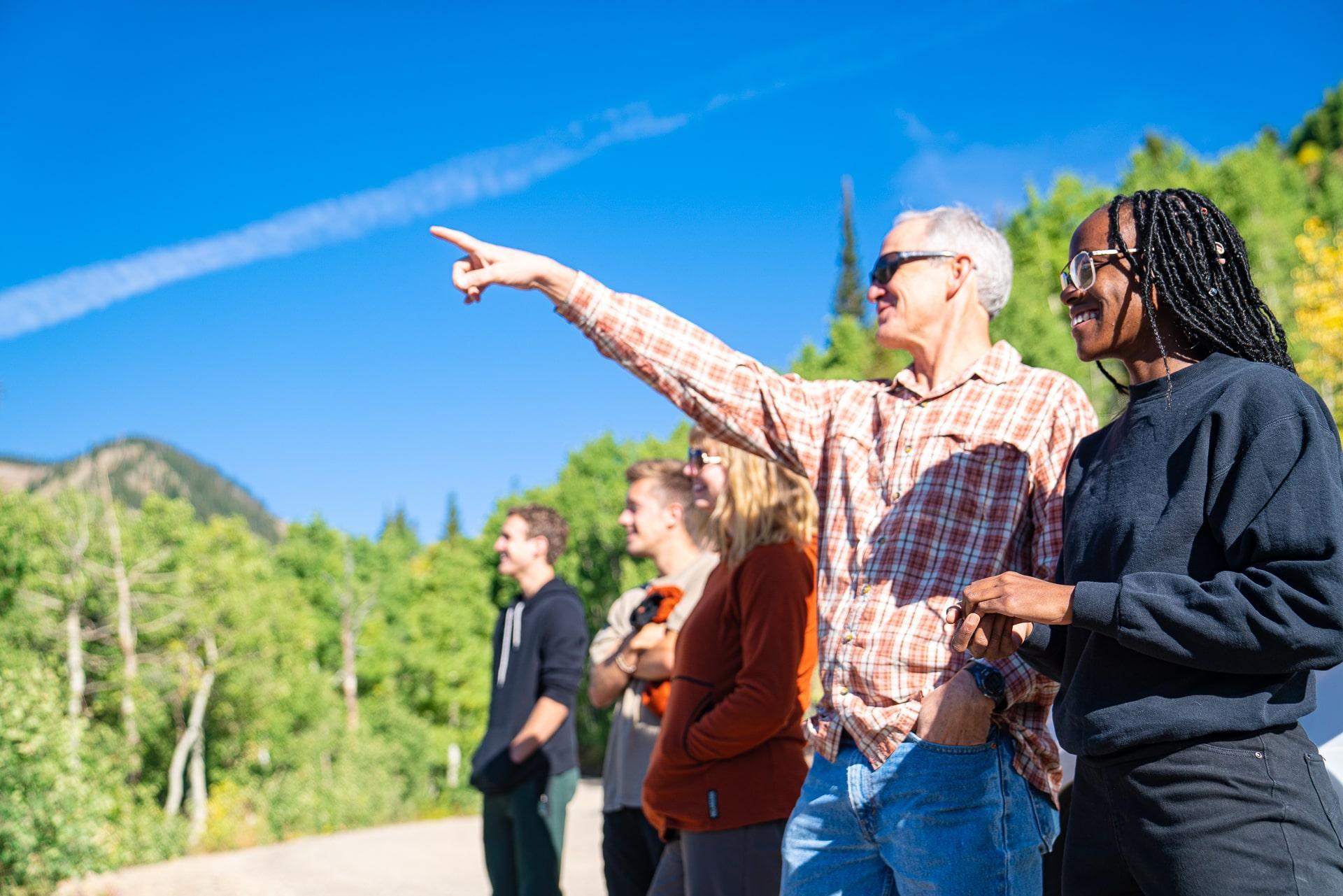
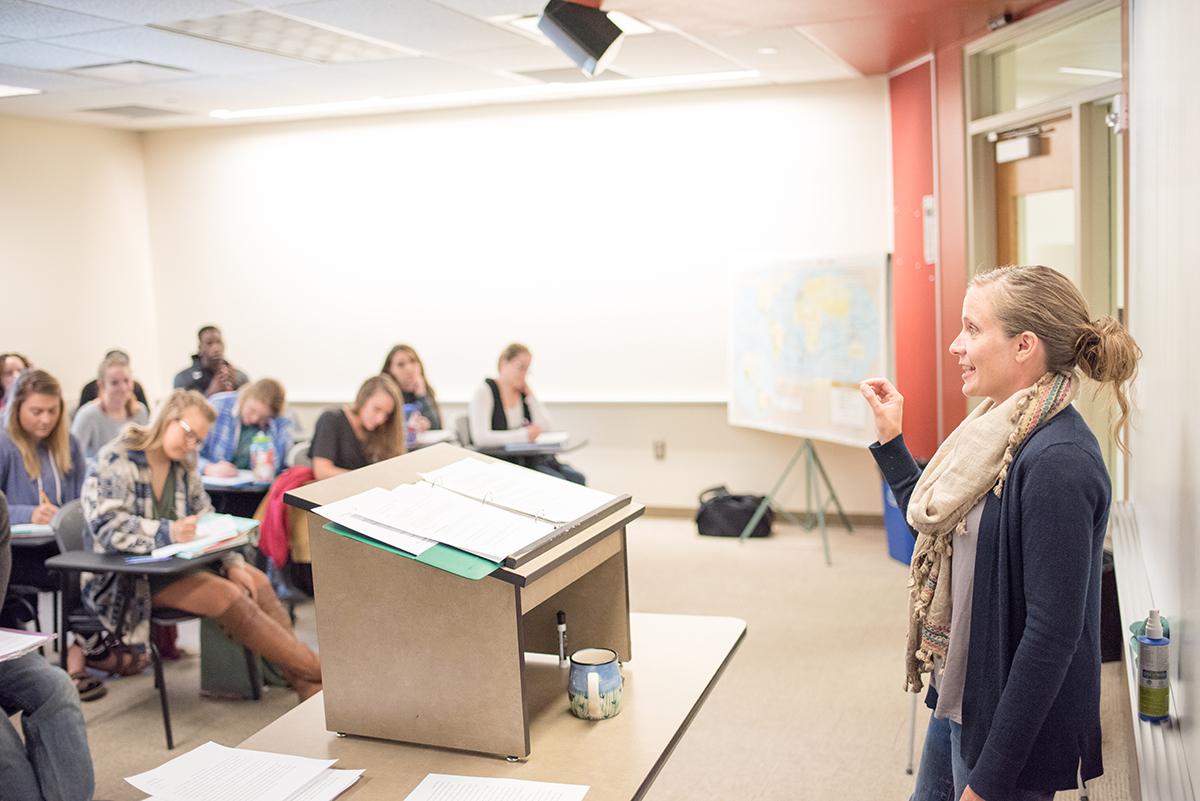
Professor of Sociology
Lecturer in Psychology
Lecturer in Rural Community Health
Professor of Psychology; Chair of WCU Institutional Review Board (IRB); Graduate faculty for MBS
Adjunct Professor in Rural Community Health
Lecturer in Rural Community Health
Western Colorado University
Kelley Hall 210
Gunnison, CO 81231

